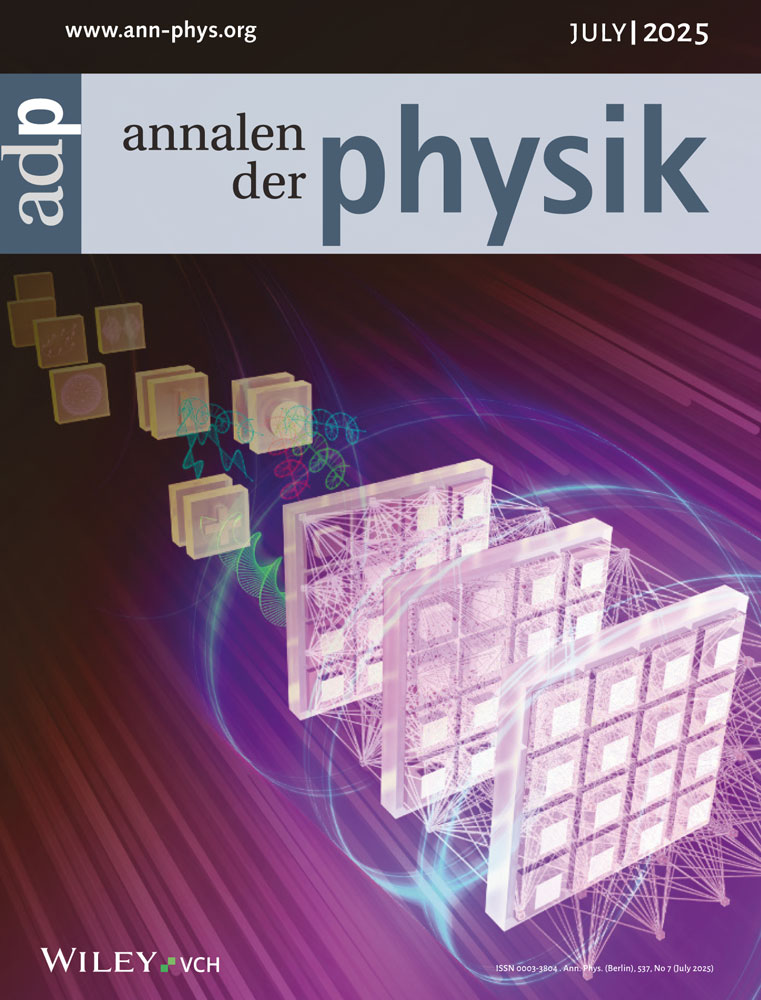Strain dependence of transport critical exponent in RuO2-glass systems
Abstract
A vast class of disordered conducting-insulating compounds close to the percolation threshold is characterized by nonuniversal values of transport critical exponents. The lack of universality implies that critical indexes may depend on material properties such as microstructure, composition etc., and that in principle they can be influenced by suitable applied perturbations leading to important informations about the origin of nonuniversality. Here we show that RuO2-glass compounds can have nonuniversal values of transport critical exponents which can be altered by an applied mechanical strain leading to a logarithmically divergent piezoresistive response at the percolation threshold. This finding supports the tunneling-percolation theory of nonuniversality proposed several years ago.




